Switzerland’s domestic energy resources to run out by Thursday
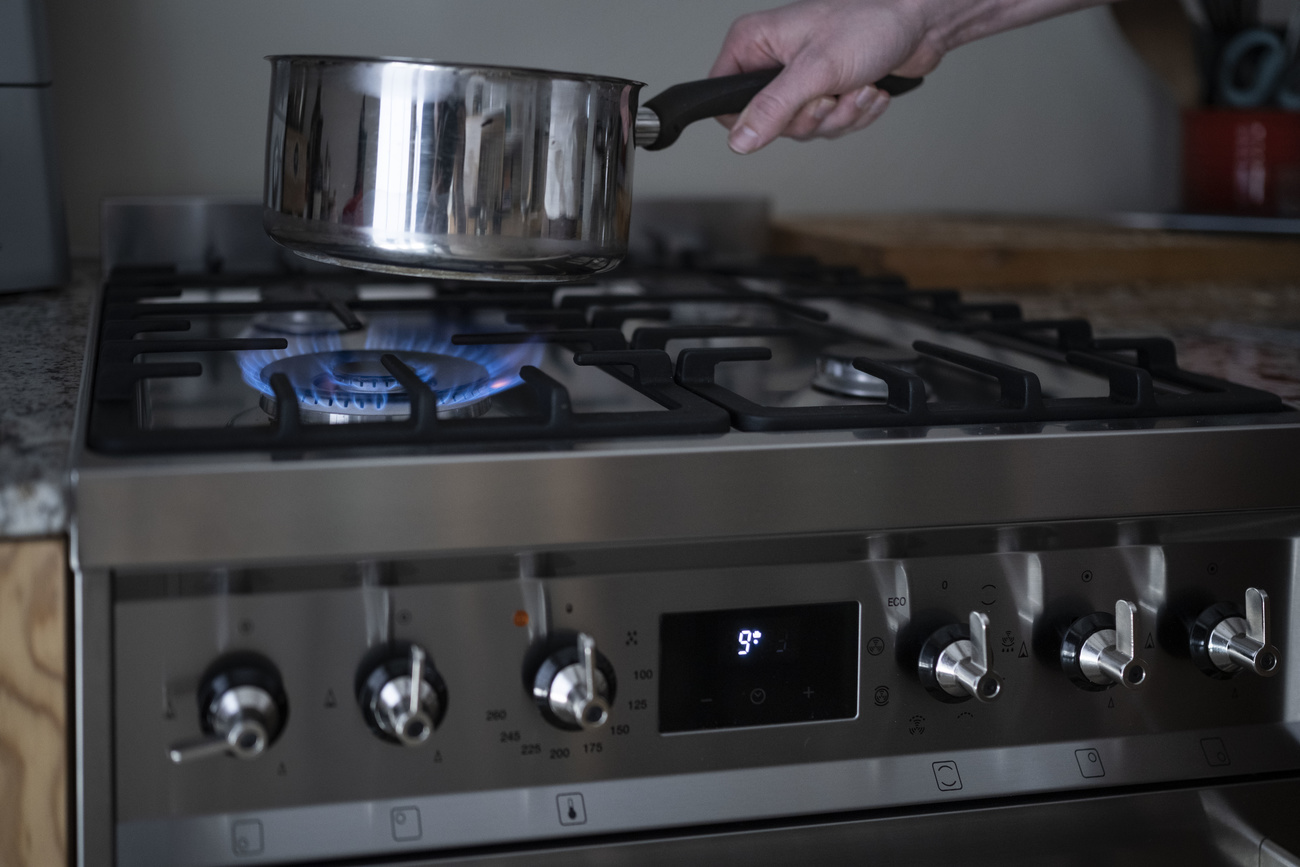
Switzerland is projected to deplete its domestic energy resources on Wednesday, as calculated by the Swiss Energy Foundation (SES). Starting from Thursday, the country will rely on imports of oil, gas, and uranium.
This means that more than 70% of the energy used in Switzerland is imported, costing more than CHF11 billion ($12 billion) a year, the SES said in a press release.
Compared to other countries from the European Union, Switzerland ranks relatively low in terms of energy independence. According to Eurostat, the federal government’s rate stands at 29.5%, compared to Germany’s 32.7%. In Berlin, “Energy Independence Day” falls on April 29.
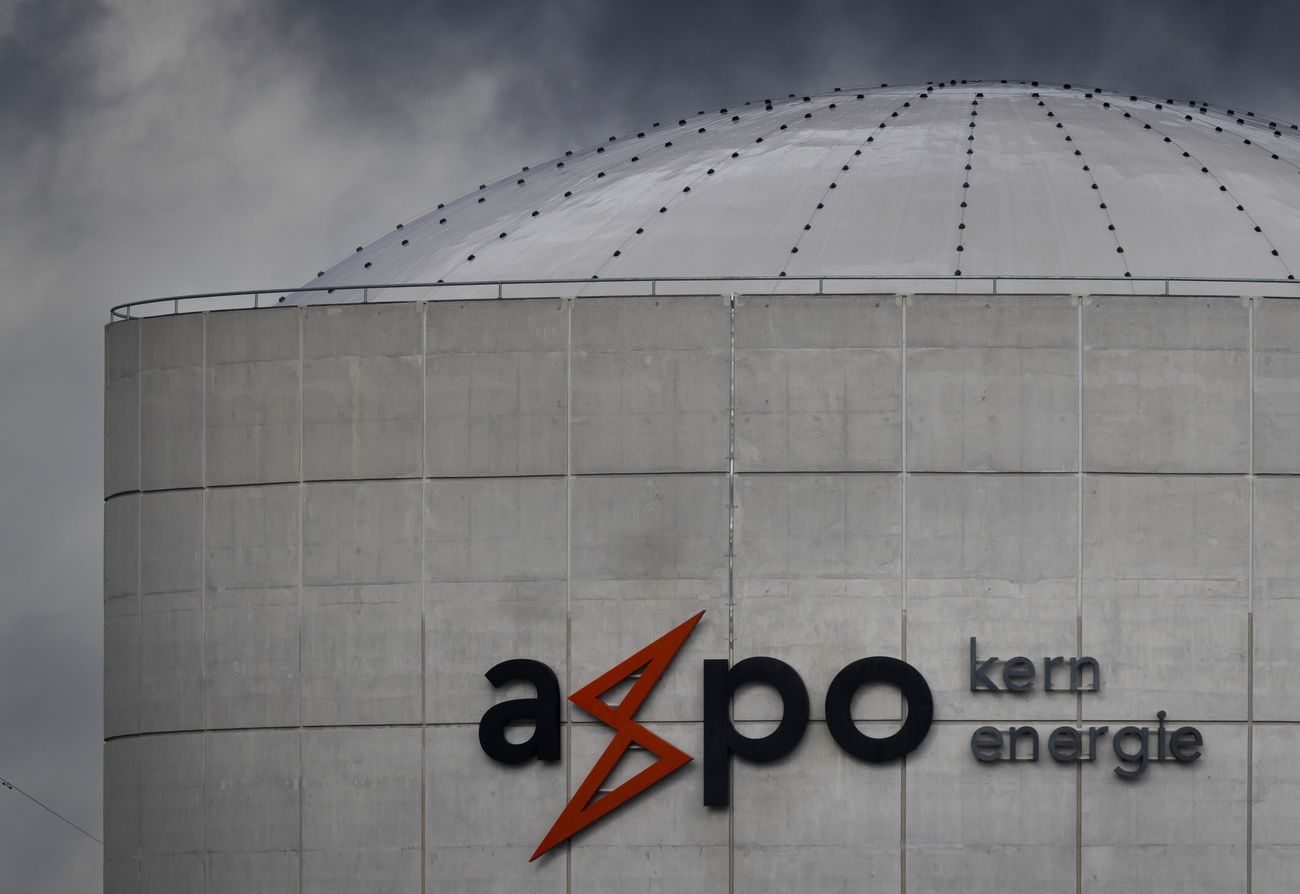
More
Study to assess if Swiss nuclear reactors could operate beyond 2030
Estonia tops the list with 93.8%. Some Eastern and Northern European countries follow with over 50%, then France with 48.2%. Behind Switzerland are Belgium (26.1%), Spain (25.7%), Austria (25.5%), Italy (20.6%) and, below 10%, Luxembourg and Cyprus, or Malta, with 1%.
According to the SES, the concept of “Energy Independence Day” draws inspiration from the notion of Earth Overshoot Day, which indicates the duration for which a nation’s energy sources would adequately sustain its needs, starting from the beginning of the year.
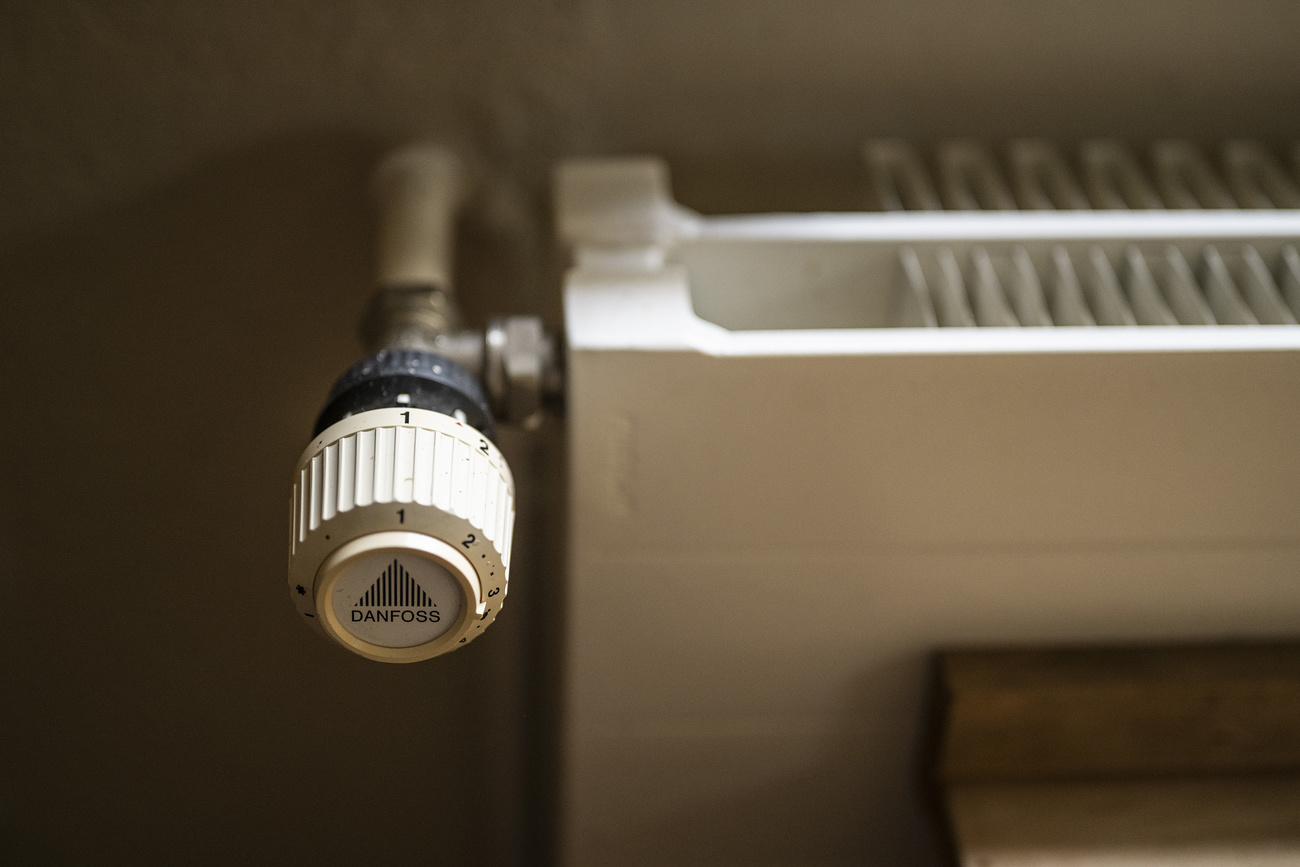
More
Switzerland saved less energy than hoped in winter 2022-2023
The day was calculated by estimating the progression of the share of national production of primary energy sources in relation to all energy sources consumed in Switzerland from 2013 to 2022, following a linear trend until 2024. Eurostat based its calculations on the Global Swiss Energy Statistics 2022, which were compiled by the Swiss Federal Office of Energy.
Translated from Italian by DeepL/sp
This news story has been written and carefully fact-checked by an external editorial team. At SWI swissinfo.ch we select the most relevant news for an international audience and use automatic translation tools such as DeepL to translate it into English. Providing you with automatically translated news gives us the time to write more in-depth articles.
If you want to know more about how we work, have a look here, and if you have feedback on this news story please write to english@swissinfo.ch.

In compliance with the JTI standards
More: SWI swissinfo.ch certified by the Journalism Trust Initiative
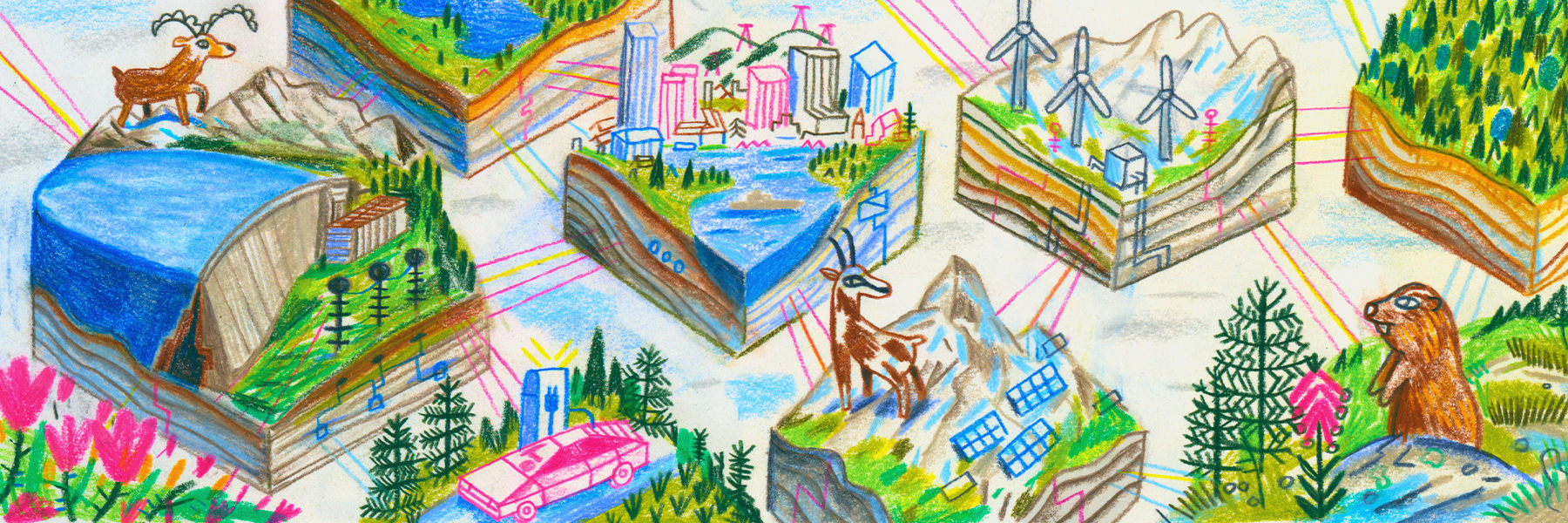
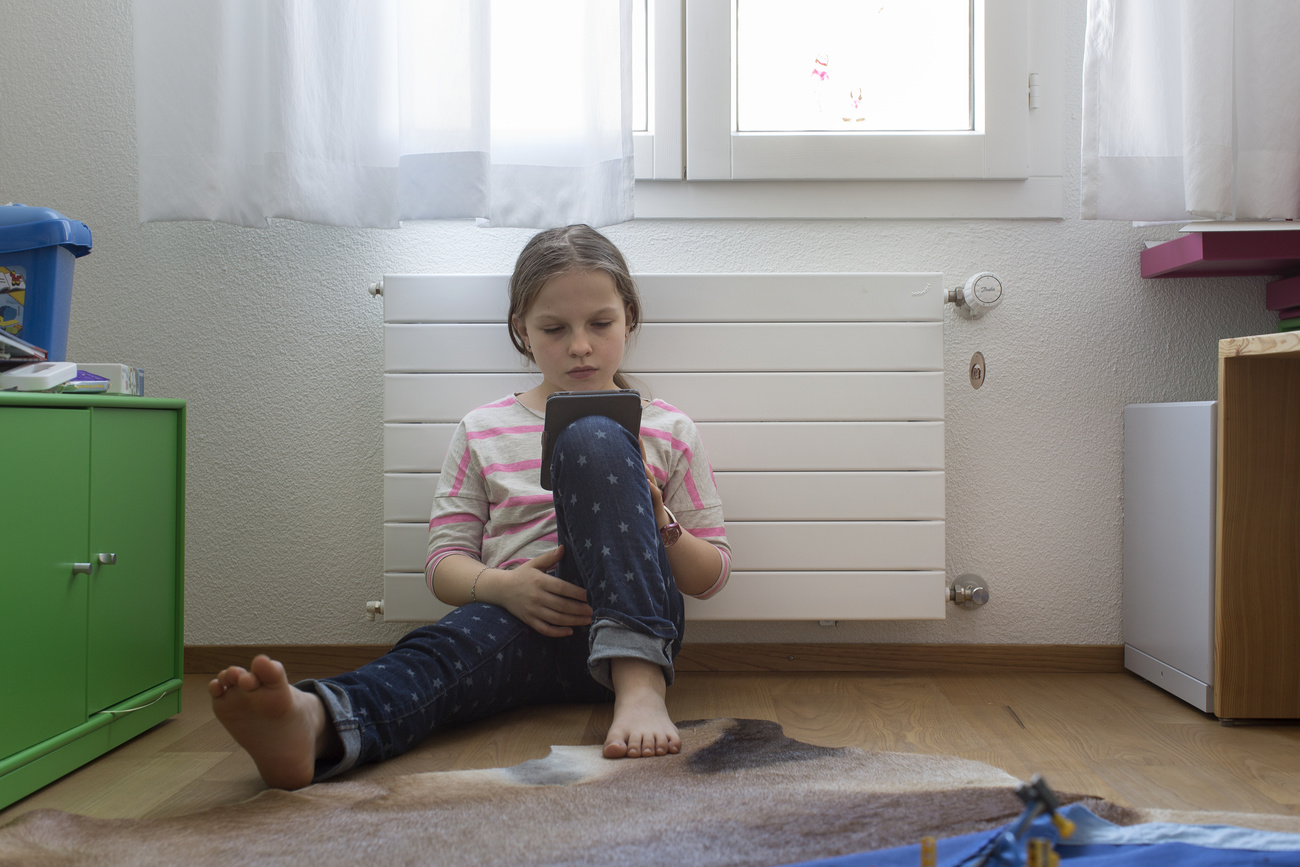
You can find an overview of ongoing debates with our journalists here. Please join us!
If you want to start a conversation about a topic raised in this article or want to report factual errors, email us at english@swissinfo.ch.